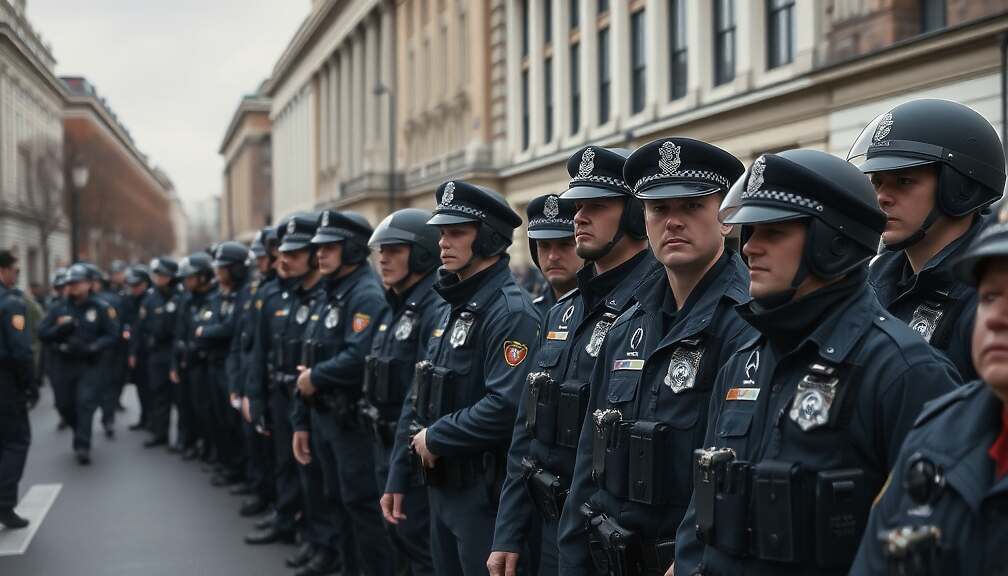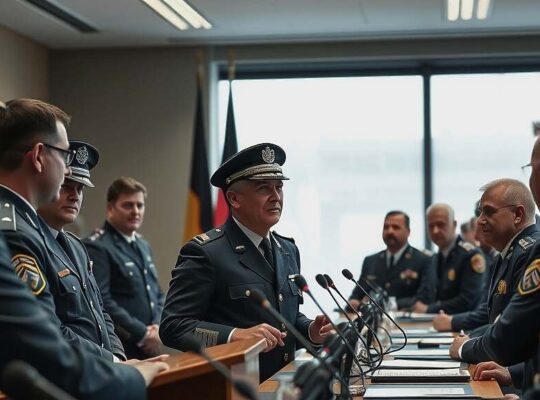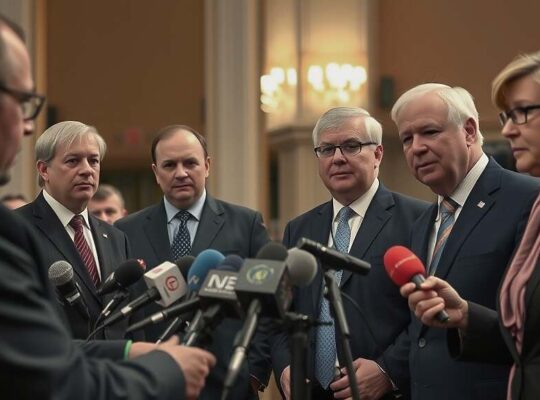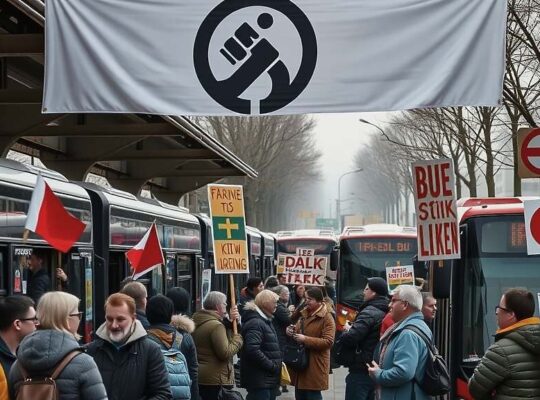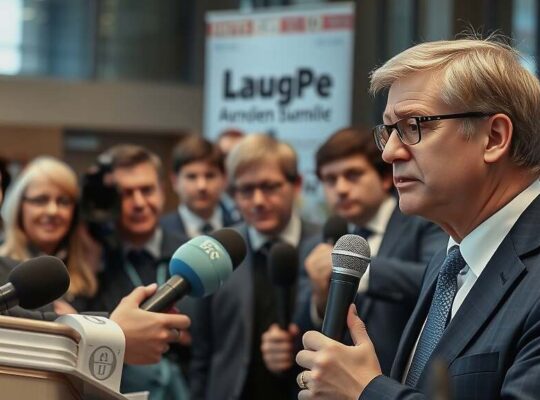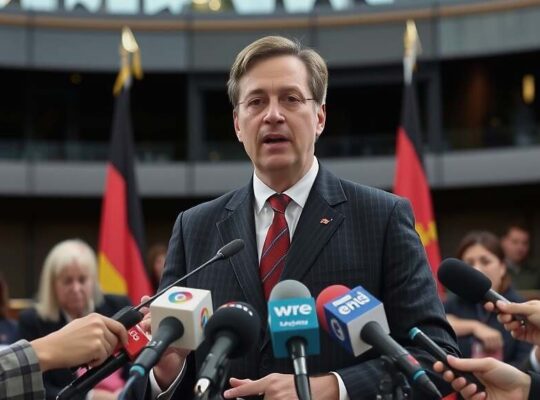Law enforcement officials are sounding the alarm regarding insufficient personnel to adequately police New Year’s Eve celebrations, raising serious concerns about public safety and officer well-being. Jochen Kopelke, chairman of the German Police Union (GdP), voiced his anxieties in an interview with the “Rheinische Post”, detailing the increasingly desperate planning underway within police departments facing chronic staffing shortages.
Kopelke’s statement underscores a systemic problem – a scarcity of officers preparing for what are anticipated to be volatile and potentially dangerous events. The GdP’s concerns aren’t merely about a lack of numbers but reflect a growing trend of escalating violence during New Year’s Eve festivities, characterized by increased use of pyrotechnics, organized group confrontations and planned ambushes.
Beyond simply highlighting the personnel shortfall, the GdP is advocating for a stricter and more proactive approach to security measures. Kopelke explicitly called for expanded firework bans, the establishment of protective zones and enforced reporting requirements or exclusion orders for recidivist offenders. He also emphasized the urgent need for rigorous inspections of kiosks and shisha bars to curb the illegal sale of blank firing weapons, a significant contributor to the escalating risks.
Perhaps most controversially, Kopelke suggested a radical shift in operational procedures, proposing that judges be present on-site, directly involved in the arrest and custody process during the New Year’s Eve period. This highlights the potential for overwhelmed courts and the need for faster judgments in cases of immediate threat.
The escalating situation has fueled frustration among officers, many of whom report feeling isolated and vulnerable while responding to increasingly aggressive incidents. The upcoming Interior Ministers’ Conference is now under intense pressure to develop and implement tangible solutions to safeguard both the public and law enforcement personnel. Failure to address these concerns risks not only eroding public trust but also further demoralizing a vital part of Germany’s social infrastructure, forcing a critical reevaluation of policy and resource allocation.


